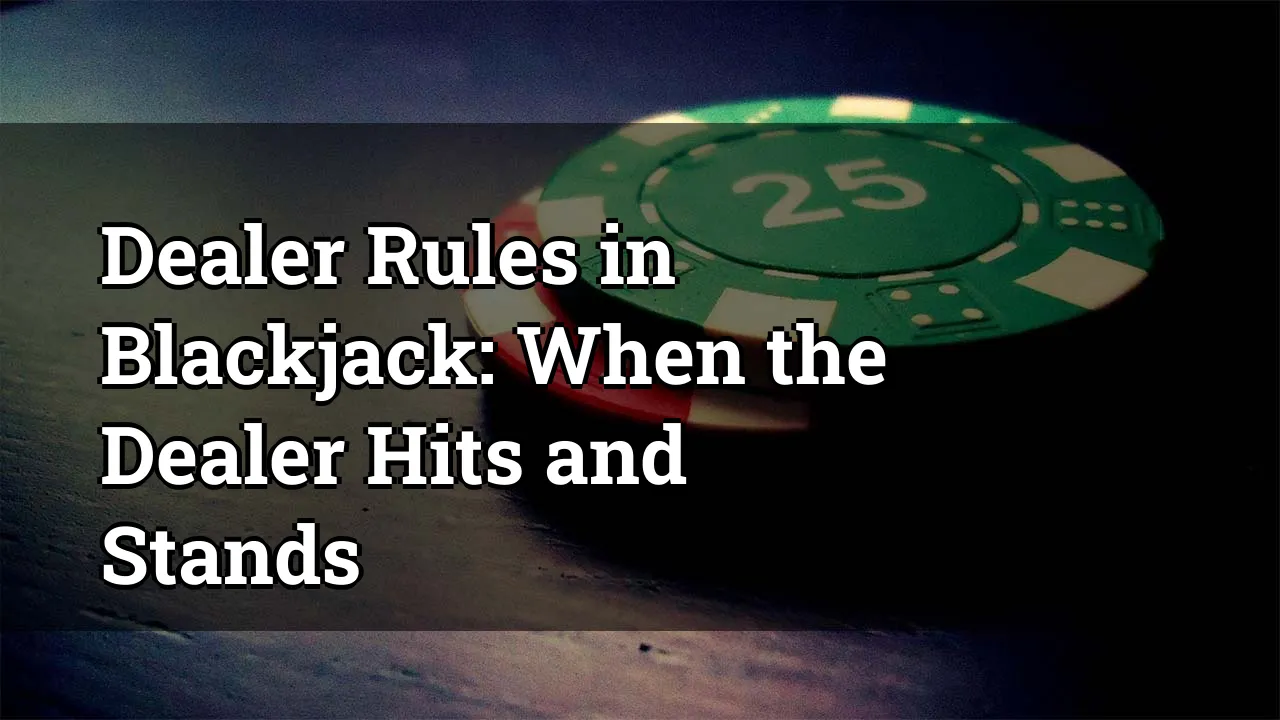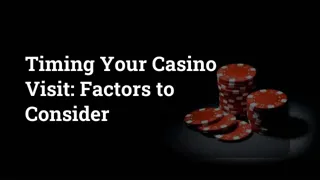Dealer Rules in Blackjack: When the Dealer Hits and Stands

Blackjack is a popular card game played in casinos around the world. It is a game of skill and strategy, where players aim to get a hand value as close to 21 as possible without going over. One of the most important aspects of the game is understanding the dealer rules, particularly when it comes to hitting and standing. So, if you're playing blackjack and find yourself with a hand value of 14, you may be wondering if the dealer has to hit below 16. Let's explore the dealer rules in blackjack to find out.
In most blackjack games, the dealer is required to follow a set of rules known as the "house rules." These rules dictate whether the dealer must hit or stand based on the value of their hand. However, it's important to note that these rules can vary slightly from casino to casino, so it's always a good idea to familiarize yourself with the specific rules of the game you are playing.
In the standard set of dealer rules, the dealer is required to hit if their hand value is 16 or less. This means that if you have a hand value of 14 and the dealer's upcard is any card other than a 7 or higher, the dealer will hit and draw another card. However, if the dealer's upcard is a 7 or higher, the dealer will stand, regardless of their hand value. This rule is known as "dealer hits soft 17."
So, in the scenario where you have a hand value of 14 and the dealer's upcard is a 7 or higher, the dealer will stand, even if their hand value is below 16. This is because the dealer is required to follow the set of rules that govern their actions, regardless of the players' hands.
It's also worth mentioning that some blackjack variations have different dealer rules. For example, in some games, the dealer may be required to hit on a soft 17 (a hand that includes an Ace valued as 11). This rule, known as "dealer hits soft 17," increases the house edge slightly and gives the dealer a small advantage.
Understanding the dealer rules in blackjack is essential for players who want to maximize their chances of winning. By knowing when the dealer must hit or stand, you can make more informed decisions about how to play your own hand. Remember to always check the specific rules of the game you are playing to ensure you are making the best possible decisions.
In conclusion, in blackjack, the dealer is required to follow a set of rules that dictate whether they hit or stand based on the value of their hand. In most cases, the dealer must hit if their hand value is 16 or less, and stand if their hand value is 17 or higher. However, it's important to be aware that there may be variations in the dealer rules depending on the specific game you are playing. By understanding these rules, you can make more strategic decisions and improve your chances of winning at blackjack.











